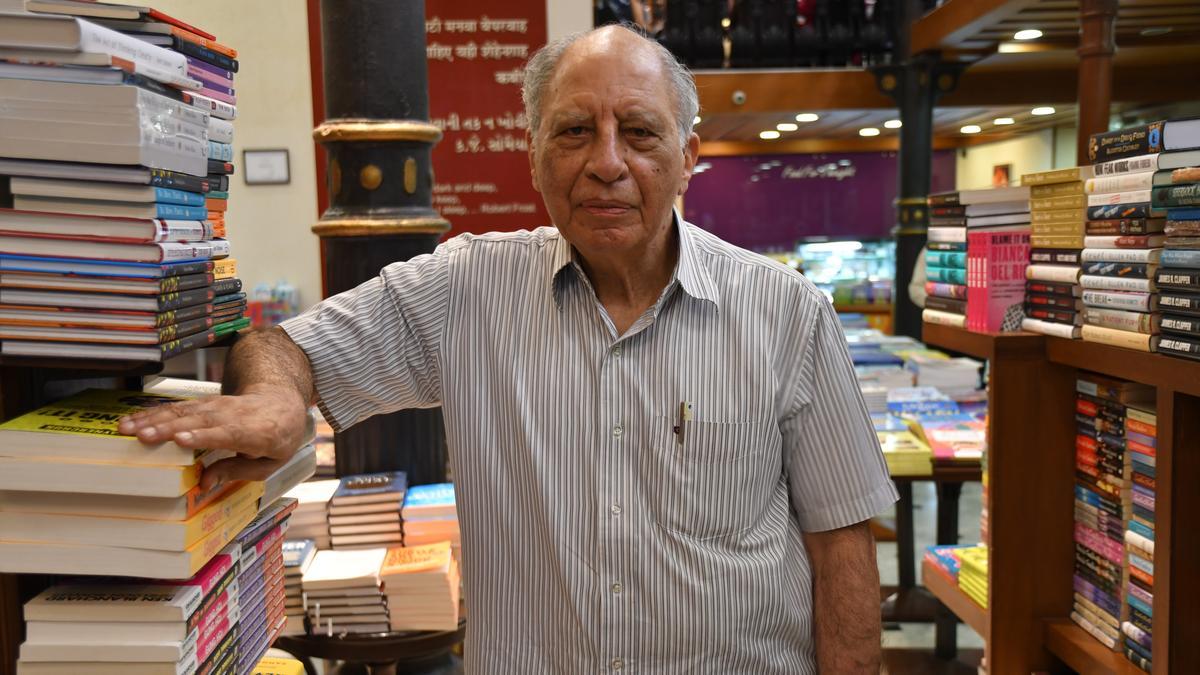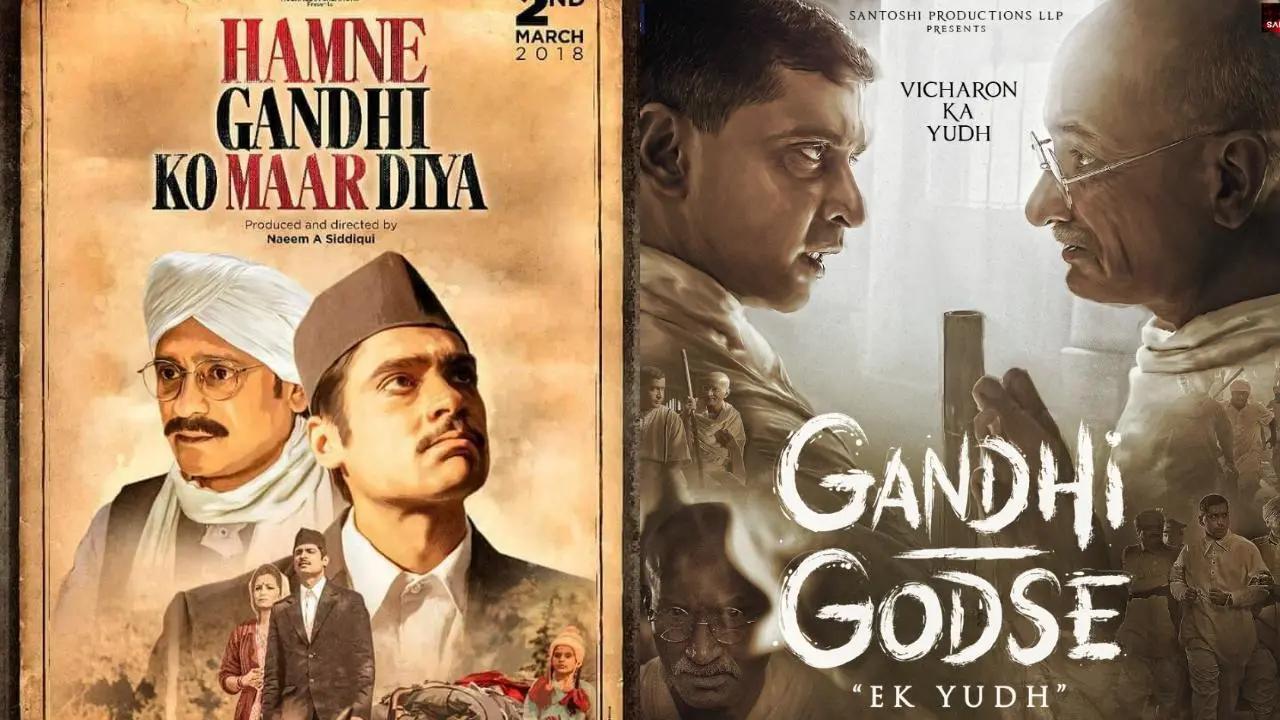
W.H. Auden’s renowned poem ‘In Memory of W.B. Yeats’ eloquently begins with the lines, “Time that is intolerant / Of the brave and the innocent / And indifferent in a week / To a beautiful physique / Worships language and forgives / Everyone by whom it lives…” These words ring particularly true when reflecting upon the life and work of Keki N. Daruwalla, a man who comprehended the profound weight and value of words and wielded them with precision, leaving behind an impressive body of work comprising 15 poetry collections and 10 short and long fiction works. His literary contributions are celebrated for their breadth and clarity, imbued with a deep and robust philosophical worldview.
My 40-year friendship with Keki traces back to even before our formal acquaintance, as he was a colleague of my father in the Indian Police Service. Both were connected through the Indian intelligence agencies and the Research & Analysis Wing. When my debut novel, Paro, was published in 1984, it garnered significant international attention and also stirred unexpected hostility from the Indian literary establishment. That same year, Keki was honored with the Sahitya Akademi award for his poetry collection, The Keeper of the Dead. Demonstrating remarkable generosity and fairness, Keki authored a considerate and balanced review of my novel in The Indian Express, an act that firmly established our enduring friendship.
Examining Keki’s literary legacy involves delving into his poems, novels, short stories, and myriad memories. His debut poetry collection, Under Orion, was released in 1970 by P. Lal and was followed by fourteen more collections, with the latest, Landfall, appearing in 2022 from Speaking Tiger. Keki was also a master storyteller, producing seven significant short story collections, the most recent titled Going, also published in 2022. This collection opens with ‘The Brahmaputra Trilogy’, a tender yet powerful tale exploring themes of race, identity, and the remnants of the British Raj.
In addition to his poetry, Keki’s novels displayed his deep understanding of narrative structure and social commentary. His three notable novels, For Pepper and Christ (2009), Ancestral Affairs (2015), and Swerving to Solitude (2018), offer vast scope and incisive documentation of India and the region’s contemporary history. In 2022, Keki shared with me a manuscript of what might have been his final novel, Alexandria and The Fallen Priest. This ambitious project featured a vibrant narrative voice and was a testament to his persistent dedication to literature. The manuscript remains unpublished, but there is hope that it will eventually receive the acclaim it deserves.
Keki was also embarking on another work set in ancient India, reflecting his tireless engagement with writing.
. His poetic output remained regular, increasingly tinged with contemporary insights that he often shared on social media. His discipline and dedication to the art of writing were unwavering, and he continuously collaborated with and mentored younger poets, offering introductions and blurbs for their works.
The human legacy Keki leaves is framed by the kindness and encouragement he extended to aspiring writers, impacting many through his wisdom and profound sense of integrity. Numerous friends and colleagues remember moments of laughter, generosity, and deep conversations with him. One evening, marked indelibly in my memory, was a visit to his home in Delhi’s Kailash Apartments with author Devapriya Roy. We discussed his book, Going, shared photographs, and recollected fading memories enriched by his characteristic incisive remarks. He brought out a bottle of fine cognac reserved for special occasions, and that evening’s joy and camaraderie are memories I hold dear.
With a strong foundation in his Zoroastrian faith coupled with extensive knowledge of India and the world, Keki embodied a truly cosmopolitan spirit. His career included service in the police and intelligence agencies and a role in the National Commission for Minorities, where he navigated the complexities and contradictions of the real world. Despite personal tragedies, such as the loss of his wife, he remained gentle, humane, and idealistic. Those who knew him took his integrity for granted, and now, his absence is deeply felt, highlighting the rarity of individuals of his caliber.
While sifting through old emails, I came upon an unpublished poem sent by Keki on October 2, 2021, titled ‘Prayer.’ Reflecting his contemplative mind and profound sensitivity, it reads:
“Let not the harsh winds of our times blow love away. Let not the harsh winds of our times blow our perceptions into a wall behind which people are sharpening knives. Let not the harsh dreams of our times devour us, along with our appetites. Lead us from this landscape of rubble to water, but let the sound be real — even traffic sounds like surf at night. And let water remain water and not turn to blood. Let the repressed be brought into light, the hidden into knowledge. Let there be harmony between those who speak of shadows and those who speak of the sun. Let the unlit be lit. Steer the light our way. Let the forest leaf. Let the lyric leaf.”
Keki N. Daruwalla’s literary contributions and human legacy have left an indelible mark on the literary world and beyond. His presence will be deeply missed, but his works will continue to inspire and resonate across generations.
/Published – October 01, 2024 05:02 pm IST
The Hindu Sunday Magazine
Literary Review
books and literature
authors and poets
poetry
people
Delhi
New Delhi










